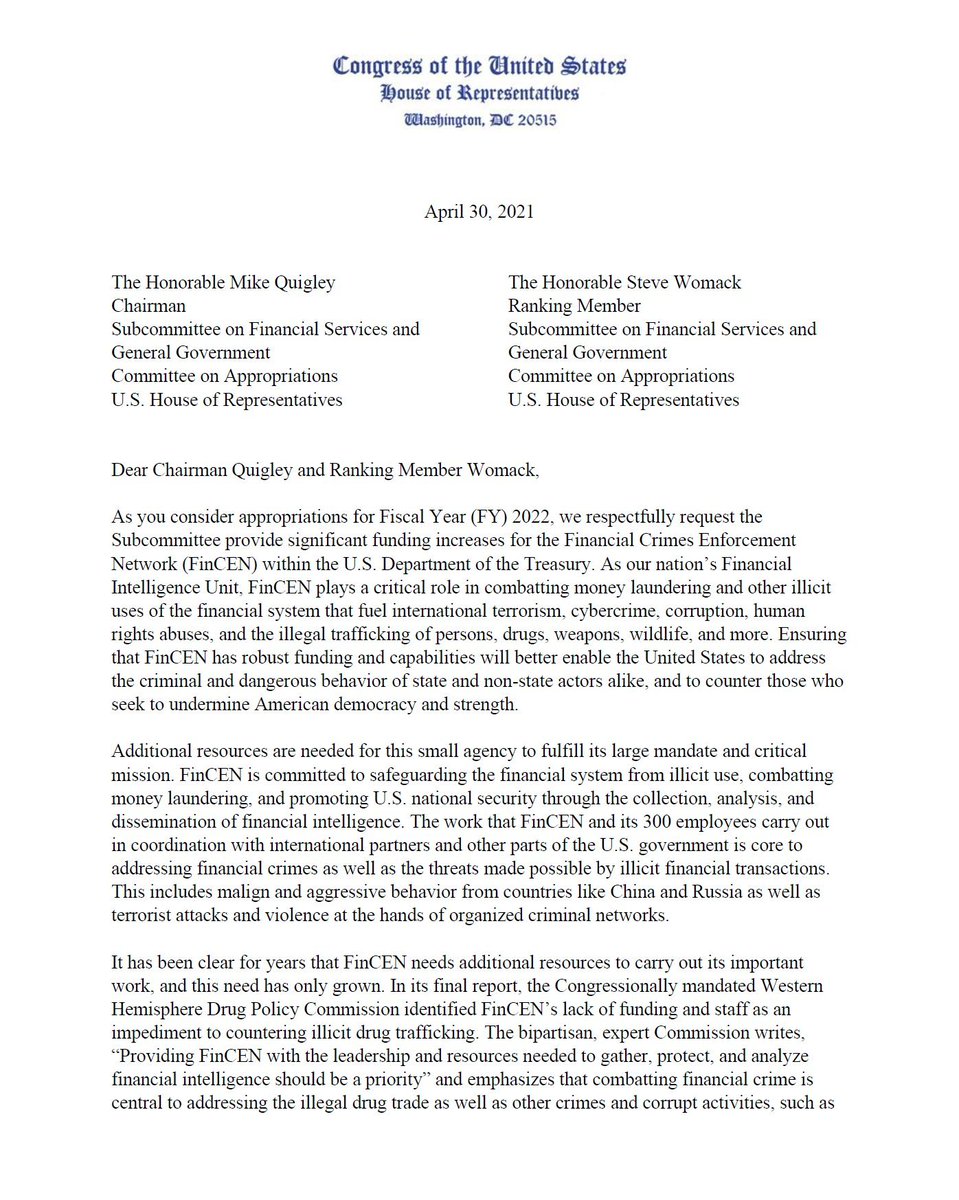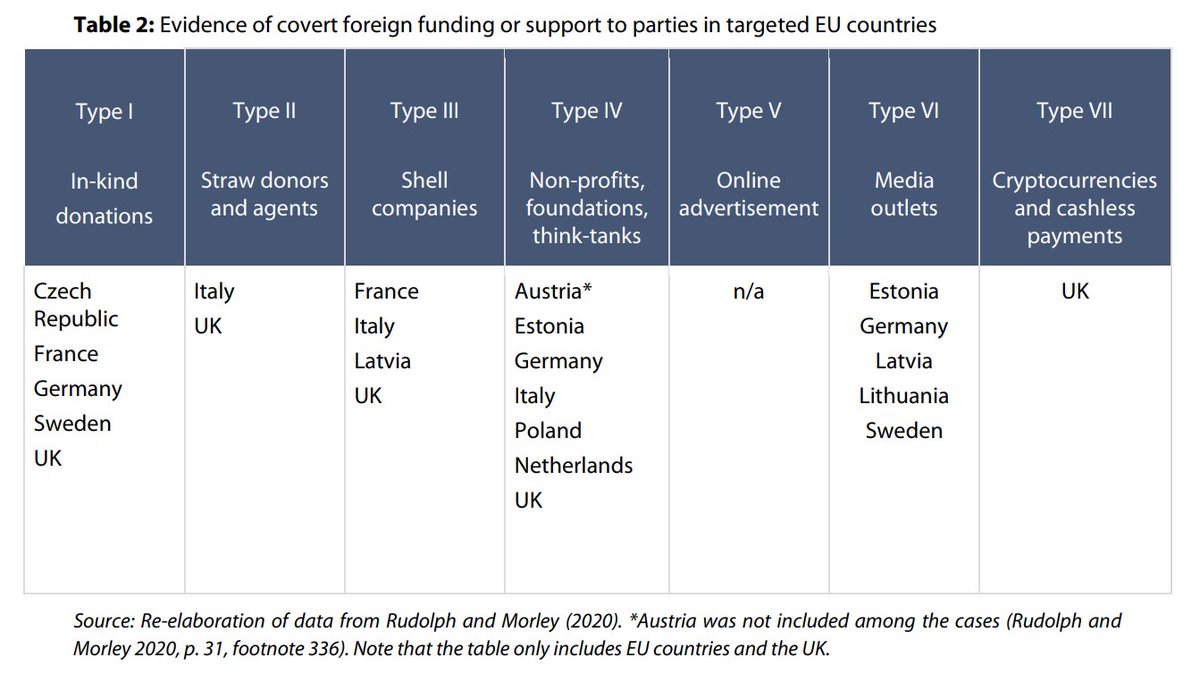
The US-Germany deal on Nord Stream 2 has solid concessions by Berlin. We can all blame Putin, Schröder, Merkel, and others for this pipeline. By declining to sanction allies now that it's built, Biden leads us to stand together vs Covid, China, and climate.state.gov/joint-statemen…
2⃣ Germany expands its engagement with Three Seas Initiative with financial support for energy projects. 

3⃣ Germany will abide by "the letter and the spirit" of the Third Energy Package with respect to Nord Stream 2, which means unbundling monopolistic ownership. 

4⃣ Germany will use "all available leverage" to get Ukraine a 10-year extension to its gas transit deal with Russia.
That means taking advantage of this current period when Berlin has leverage over Moscow because the pipeline isn't yet operational.
That means taking advantage of this current period when Berlin has leverage over Moscow because the pipeline isn't yet operational.

5⃣ When Russia reneges (and they surely will test Western resolve), Germany will lead the EU to sanction Russian gas exports to Europe.
That's a big deal. Using sanctions to actually reduce Russian gas exports to Europe is something we didn't even do when Russia invaded Ukraine.
That's a big deal. Using sanctions to actually reduce Russian gas exports to Europe is something we didn't even do when Russia invaded Ukraine.

6⃣ Separate from this deal with Germany, Zelensky is finally getting his White House visit on August 30. 

Those are solid concessions considering that Biden inherited a pipeline that was 90% complete. Nobody other than Putin likes this pipeline, but don’t blame Biden for it. It’s an ugly stain on the legacy of Schröder, Merkel, and others.
The role played by the Biden administration has involved negotiating with allies rather than sanctioning them. It’s a return of American-led diplomacy, which requires saying yes when you get most of what you wanted.
It's also a return to listening to our allies and respecting their sovereign right to set their own energy and foreign policies, rather than coercing them with sanctions. That's why—unlike Russia and China—we have history’s most powerful network of allies.
A united transatlantic alliance—led in Europe by Germany—was the biggest development in 2014 that unpleasantly surprised Putin. We need that kind of unity to stand together against China and Russia, to vaccinate the world, to keep Iran from nukes, to save the climate, and more.
That value-laden diplomacy—negotiating with allies, respecting their sovereignty, setting priorities—is not something Congress is good at. They'd always rather just do sanctions. So I think their inevitable fury over this deal says more about Congress than it says about the deal.
Reasonable people can and will differ. But I think this deal is what we need to move on as a diverse coalition of friends and allies standing together against Russia and solving bigger problems in the world. 🔚
• • •
Missing some Tweet in this thread? You can try to
force a refresh



















